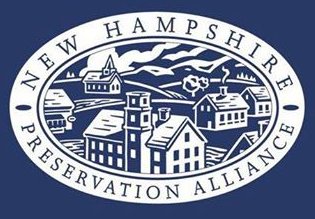RSA 79-E: Community Revitalization Tax Incentive
Community Revitalization Tax Incentive RSA 79-E is a state law that encourages investment in downtowns and village centers. It provides a tax incentive for the rehabilitation and active use of under-utilized older buildings and, in so doing, aims to promote strong local economies and smart, sustainable growth as an alternative to sprawl. The tax incentive must be adopted at the local level before it can be offered to property owners.
Any city or town may adopt this program with the majority vote of its legislative body. Once RSA 79-E is adopted locally, a property owner who wants to substantially rehabilitate a building located in the community’s designated areas, such as a downtown or village center, may apply to the local governing body. If approved, the property owner receives a period of relief from increased property taxes of up to 13 years, depending on the project specifics and the governing body’s discretion. In exchange, the property owner grants a covenant to the community for a certain period of years ensuring the property’s continued maintenance and use.
The property tax incentive may also apply to other types of development projects, depending on how a town or city structures its individual program. Communities may choose to extend benefits to projects that replace non-historic under-utilized buildings or that rebuild after a property is destroyed by fire or other acts of nature. Towns and cities may also vote to extend tax benefits beyond designated areas to the entire community if an owner substantially rehabilitates a historic building and includes energy efficiency measures in the project. And finally, coastal municipalities affected by hazards such as increasing storm surges and sea levels may designate a “Coastal Resilience Incentive Zone” and offer property owners there various types of benefits and relief.
Check with your community to see whether it has adopted this tool and how it has structured its program.
Below are three case studies of projects which used RSA 79-E
View Or Download Additional Information
Page 1 - RSA 79-E, Community Revitalization Tax Relief Incentive: Fact Sheet
Page 2 - RSA 79-E, Community Revitalization Tax Relief Incentive: Flow Chart
"A Tool for Your Town: New Hampshire's Community Revitalization Tax Relief Incentive," a project of a class at Plymouth State University, including case studies of RSA 79-E.
